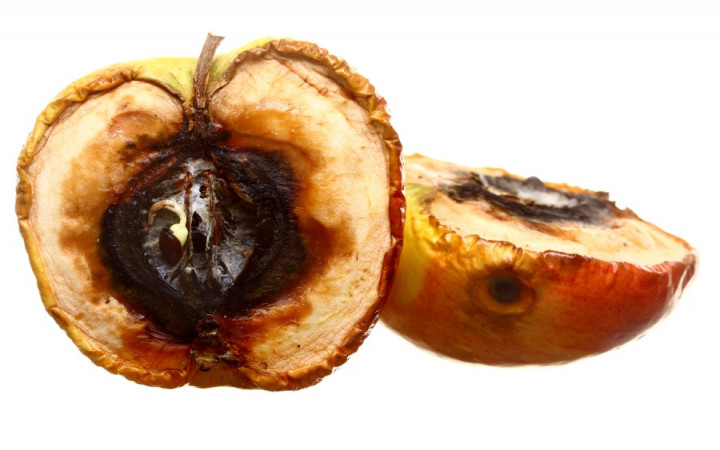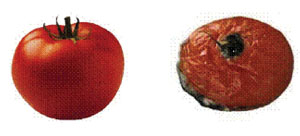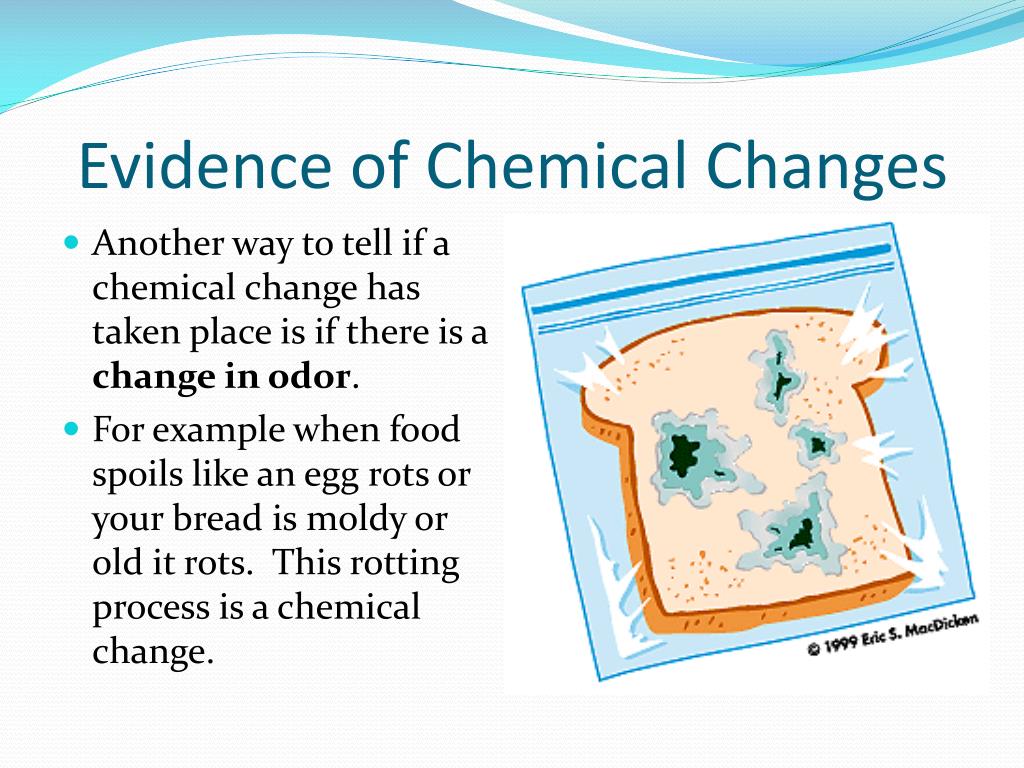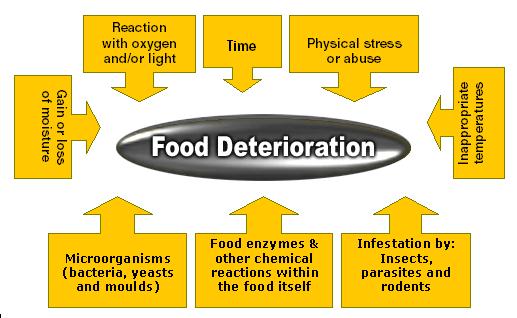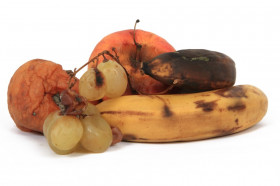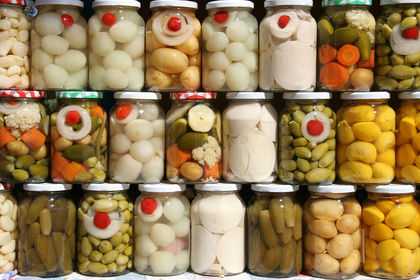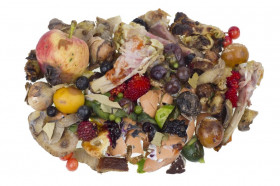Brilliant Food Spoiling Is A Chemical Change
Spoiling of food is a chemical change as it involves the breakdown of the food particles by the microbes.
Food spoiling is a chemical change. Food spoils either by the action of external agents such as bacteria or fungus or by the action of its own enzymes. There are other effects such as the action of heat cold or air but again these lead to chemical reactions. Chewing the food is a physical change but once the food mixes with saliva it becomes a chemical change.
Food spoilage is caused by living microorganisms and also by enzymic action autolysis. Since each persons body resistance and immune system are different it causes different reactions in people who consume spoiled food. Spoilage can also be brought about by physical or chemical factors.
Less harmful bacteria fungi and yeasts will grow on foods making them inedible. The change in odor is a clue to the chemical change. Food spoilage is the changes in the taste appearance and smell of foods that we can understand with our sense organs.
What characteristic defines all chemical changes. 2 See answers. When you smell an odd order in foods such as chicken pork of mayonnaise you know that the food has undergone a chemical change.
If air is left in contact with the frozen food oxidation will occur even in the freezer. Iron turns to rust when it is exposed to oxygen. When the food gets spoiled certain properties of that food is loosed and some are gained as there is a new change happening it is a chemical change.
In either case these are chemical reactions which denature the proteins and other substances that the food is made up of. Chemical changes during freezing Fresh fruits and vegetables when harvested continue to undergo chemical changes which can cause spoilage and deterioration of the product. When eggs and food spoil they undergo a chemical change.
